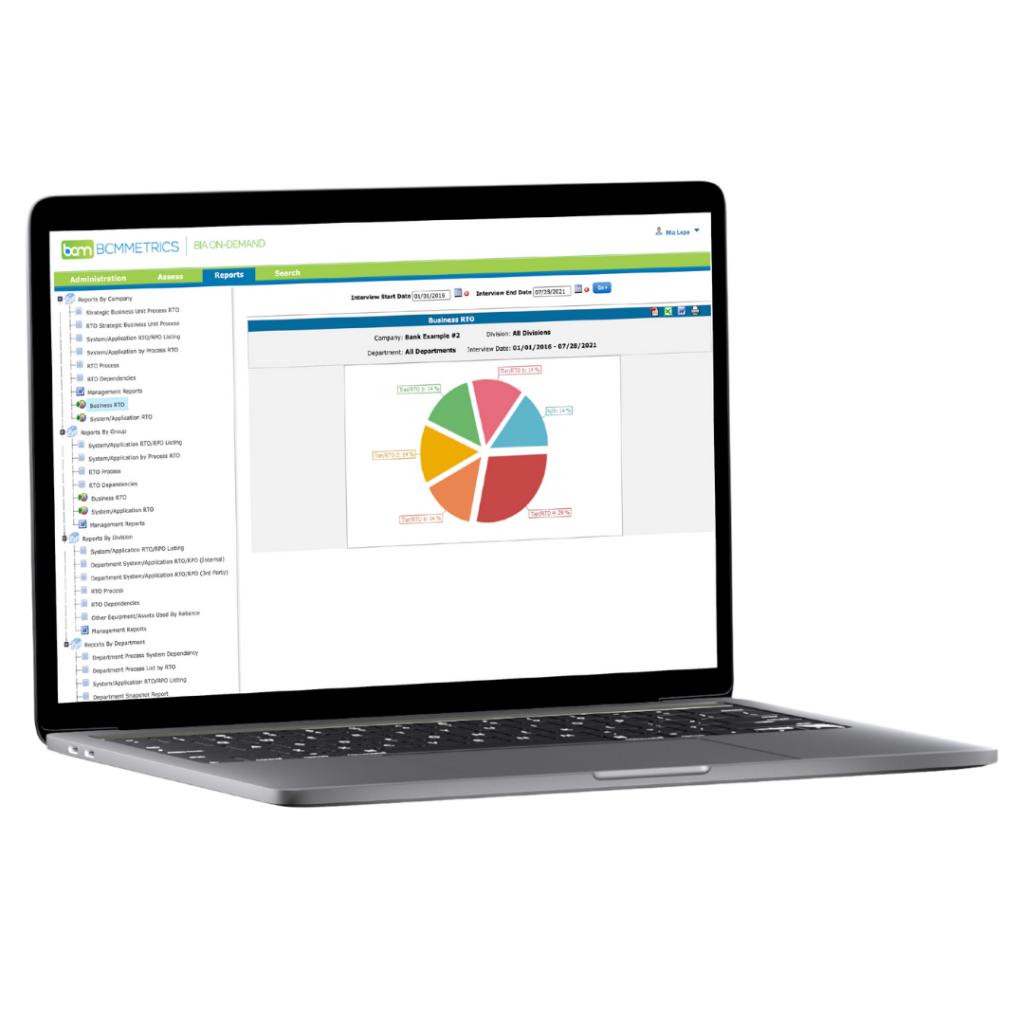Rating Your BC Skills: Little White Lies Can Create Ticking Time Bombs

Today I want to talk about one of my pet peeves: business continuity staff who exaggerate their abilities on their personal skillset inventories. These little white lies about your BC skills create ticking time bombs for your company’s BCM program.
Related on BCMMETRICS: What It Takes: How to Succeed as a BCM Professional
How Good Are You?
It isn’t every job that requires people to give themselves a numerical score of their abilities across the key skills of their field. But if you work in a business continuity office, you probably do have such a job.
It’s not fun, but it’s a fact of life in our field.
At MHA Consulting, we often ask the BC staff at our client companies to complete personal inventories evaluating themselves on a scale of 1 to 5 across a range of important BC skills. This would be relevant, for example, if we were engaged to perform a Current State Assessment of the client’s BC program. (The basic idea is widely used throughout BC, though the details vary.)
We typically ask BC staff to evaluate themselves on their knowledge of their company, BCM methodology, and BCM standards. We ask them to rate their ability to perform several core BCM skills, such as performing a Business Impact Analysis, conducting a Threat and Risk Assessment, writing a Crisis Management plan, conducting a CM exercise, writing a Business Recovery plan, and making a presentation to management.
How good do you think are, honestly, on performing all those skills, as measured on a scale of 1 to 5?
That’s what our personal skillset inventory aims to find out.
The Purpose of Personal Inventories
We don’t do this to put anybody on the spot.
When the Air Force conducts an inventory of its aircraft, it doesn’t do it to embarrass the individual planes. It does it to understand its overall capabilities and identify gaps that need plugging.
We ask members of the BCM staff to conduct a personal inventory because their knowledge and ability make up the most important asset of the company’s BCM program. The company needs to know who can do what, and how well, in order to know where its BCM program stands—and how well protected the company is.
This information also helps in guiding the allocation of future resources and in deciding what new people to bring in.
The Temptation to Exaggerate Your BC Skills
The problems start when people actually sit down to complete the inventories—and exaggerate their skills.
They give themselves expert level marks on tasks at which they’re barely competent.
People say, here’s what I did and know how to do. But when they’re put to the test, it emerges there’s a significant gap between what they claim and their ability to execute.
I think in most cases the reason people exaggerate is, they’re afraid to show weakness. Sometimes it might be because they honestly don’t know what constitutes expertise in a given area.
Whatever the reason, they vastly overstate their BC chops on their skillset inventory.
Ticking Time Bombs
The problem with these little white lies about your BC skills is that they can become ticking time bombs for the BCM program.
Every time someone claims to know something they don’t—or to be able do something they can’t—if that false information is baked into the BC program moving forward, it can blow up in everyone’s face at any time.
If someone says they know how to do something, and the program takes them at their word, and then crunch time comes along and they can’t actually do it, the company suffers.
Needless to say, the individual also suffers, in terms of being embarrassed and losing credibility.
The situation is similar to one that mountaineers often encounter. Sometimes snow falls in such a way as to make an area that is full of deep crevasses look like an even plain. Unwary climbers can fall into these gorges when the thin bridge of snow gives way.
A BCM program that is built on inaccurate skillset inventories is a BCM program that is crisscrossed with crevasses hidden by snow.
Don’t Pretend – Improve
How can BCM staff avoid overstating their skills and knowledge on their personal inventories? Simple. Don’t do it! Be truthful. Be honest with yourself and your organization about your BC skills.
You know the old saying: It’s not the crime that gets you, it’s the coverup.
In this case, not knowing something is not close to being a crime. Everyone has gaps in their understanding. Everyone has strengths and weakness. Everyone has things they could stand to learn. There’s nothing wrong with that.
What’s wrong is to claim you can do something that you can’t do, just to save yourself embarrassment. Doing this means you will always be in fear of being found out. And your company will be in a false state of security regarding your ability to perform that function—a situation that might become very embarrassing if and when they ever call you on to deliver the goods.
Here’s a tip: If you’re ever motivated to exaggerate your ability in a certain area, don’t do it; instead, put that skill on your to-do list as an area where you should raise your game. Then raise it.
In short: Don’t pretend. Improve.
It will be better for your organization, better for your BCM office, and better for yourself.
Giving Yourself High Marks, Truthfully
The most valuable asset of any BCM office is the skills and knowledge of its staff. For this reason, team members are sometimes asked to score themselves on their ability to perform key BCM skills. This provides the company with critical information about its BCM program and capabilities.
Unfortunately, sometimes people overstate their knowledge and abilities, giving the company a false idea of its collective skillset. This can cause significant problems down the road. BCM staff should be honest on their personal inventories. Rather than claiming to have skills they don’t, they should work on developing those skills, so that in the future they can give themselves high marks in that area—truthfully.
This approach to filling out personal inventories is the best one for the individual, for the BCM office, and for the organization.
Further Reading on BCM Skills
For more information on your BC skills, working as a BCM professional and other hot topics in BCM and IT/disaster recovery, check out these recent posts from BCMMETRICS and MHA Consulting:
- No Respect: The Occasionally Frustrating Truth About Life as a BCM Professional
- Whitewash: When Clients Try to Get Their BCM Consultants to Conceal Their Problems
- 8 Oversights That Can Bring Your Operations to a Standstill
- Help, I Need Somebody: 4 Times When You Should Hire a BC Consultant
- What It Takes: How to Succeed as a BCM Professional









